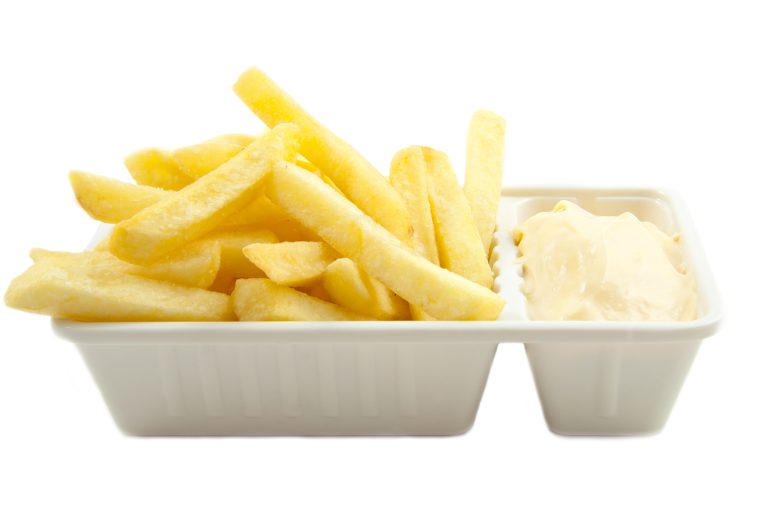In an effort to reduce plastic waste, the government has established a mandatory extra fee for disposable plastic cups and containers in take-away and delivery services. From 1 July onwards, food vendors are no longer allowed to give away disposable plastic containers for free, and they must offer reusable options or fill cups and containers customers bring themselves. This measure is part of a multi-year strategy, in line with EU directives, to dramatically reduce plastic waste and move on from a culture of disposables to a culture of reusables.
According to government data, the Netherlands throws away 19 million single-use plastic cups and containers every single day, a major contribution to street and nature litter, and to a global crisis of plastic and microplastic pollution. ‘We want to leave the world tidy for our children and grandchildren. These new rules will help, because they will save an enormous amount of waste and litter. We use way too much disposable packaging,’ said Vivianne Heijnen, State Secretary for Infrastructure and Water Management.
The new guidelines suggest charging customers €0.25 for a disposable plastic cup, €0.50 for a disposable plastic food container (possibly including several boxes), and €0.05 for smaller plastic containers, e.gl those used for toppings and sauces. Moreover, starting on 1 January 2024, more measures are to be set in place, such as mandatory reusable tableware in restaurants, cafes and hotels. From 2025 onwards, all PET bottles must contain at least 25% recycled plastic, and at least 30% by 2030.
These are additional regulations to the ones already enforced in recent years, like fishermen having to collect a minimum 23% of fishing gear waste from the ocean; plastic producers having to pay to clean up the waste produced by their products; and a deposit of €0.15 on small plastic bottles and cans, among others.
The Dutch government is thus following the European Single-Use-Plastic (SUP) directive, which, according to the European Commission, aims to “prevent and reduce the impact of certain plastic products on the environment, in particular the marine environment, and on human health,” and additionally looks to “promote the transition to a circular economy with innovative and sustainable business models, products and materials, therefore also contributing to the efficient functioning of the internal market.” With all these measures, the Netherlands hopes to reduce the use of disposable plastic cups and containers by 40% in 2026.
But the news has been received with opposition by some food vendors and establishments, as well as by some consumers, who consider the extra fees too high, on top of prices that are already risiing. According to newspaper Het Parool, several food services owners, especially those relying more on takeaways like street and market vendors, think that the new rules are not well designed, since some products like ice cream do not sit well with cardboard containers; or they think that the extra price will make customers shy away from their products. Other food vendors, however, think that non-plastic packaging options are already well suited for all kinds of foods and beverages, watery ones included, and have already implemented them, some even by their own children’s advice on better environmental practices.
Some initial resistance is reasonably expected against these types of measures. But the Dutch government deems them necessary to comply with future goals of pollution reduction. Amidst the global plastic crisis, single-use-plastics are considered among the worst offenders, and the least necessary ones, as well as the most easily avoidable. As the European Commission states: “Single-use plastic products (SUPs) are used once, or for a short period of time, before being thrown away. The impacts of this plastic waste on the environment and our health are global and can be drastic. Single-use plastic products are more likely to end up in our seas than reusable options. The ten most commonly found single-use plastic items on European beaches, alongside fishing gear, represent 70% of all marine litter in the EU.”
Written by Juan Álvarez Umbarila
